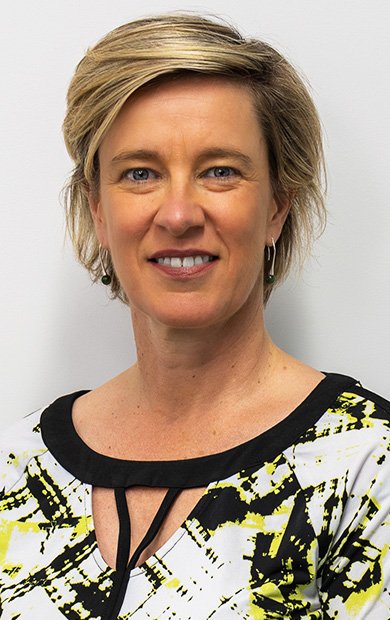Australia to Lead International Blockchain Standards Committee
Statements
Australia will manage the secretariat of an international technical committee for the development of blockchain standards after the International Organization for Standardization (ISO) approved Standards Australia’s proposal for new international standards on blockchain.
Standards Australia CEO, Dr Bronwyn Evans, said that the ISO blockchain committee will have responsibility of developing standards that support interoperability among systems, privacy, security and terminology.
“Leading the ISO blockchain committee will place Australia in the perfect position to help inform, shape and influence the future direction of international standards to support the rollout and deployment of blockchain technology.
“This exciting initiative will put Australia at the centre stage of global innovation and digital disruption,” said Dr Evans.
NSW Chief Data Scientist, Dr Ian Oppermann, said that blockchain has the potential to be incredibly disruptive for many industry sectors.
“Blockchain effectively decentralises trust and will impact banking, finance, trade and many other services which rely on the existence of a central point of trust,” said Dr Oppermann.
Treasurer, the Hon Scott Morrison MP, said that developments in technology have potential to re-engineer transactions across the economy.
“The benefits of this technology could be profound, extending right across our economy.
“Standards Australia is positioning Australia as a leading global player in this exciting new area,” said Mr Morrison.
Joining Australia on the technical committee are 35 ISO member bodies including Germany, USA, Canada, Estonia, France, Japan, UK, and Korea.
International blockchain standards will play a key role in creating greater market certainty and confidence while supporting regulation of financial transactions, commodity exchanges and asset transfers.
Blockchain is an emerging peer-to-peer database tool for recording transactions. By removing the need to reconcile transactions externally, blockchain has the potential to make interactions more efficient, less expensive and safer.

Australia will manage the secretariat of an international technical committee for the development of blockchain standards after the International Organization for Standardization (ISO) approved Standards Australia’s proposal for new international standards on blockchain.
Standards Australia CEO, Dr Bronwyn Evans, said that the ISO blockchain committee will have responsibility of developing standards that support interoperability among systems, privacy, security and terminology.
“Leading the ISO blockchain committee will place Australia in the perfect position to help inform, shape and influence the future direction of international standards to support the rollout and deployment of blockchain technology.
“This exciting initiative will put Australia at the centre stage of global innovation and digital disruption,” said Dr Evans.
NSW Chief Data Scientist, Dr Ian Oppermann, said that blockchain has the potential to be incredibly disruptive for many industry sectors.
“Blockchain effectively decentralises trust and will impact banking, finance, trade and many other services which rely on the existence of a central point of trust,” said Dr Oppermann.
Treasurer, the Hon Scott Morrison MP, said that developments in technology have potential to re-engineer transactions across the economy.
“The benefits of this technology could be profound, extending right across our economy.
“Standards Australia is positioning Australia as a leading global player in this exciting new area,” said Mr Morrison.
Joining Australia on the technical committee are 35 ISO member bodies including Germany, USA, Canada, Estonia, France, Japan, UK, and Korea.
International blockchain standards will play a key role in creating greater market certainty and confidence while supporting regulation of financial transactions, commodity exchanges and asset transfers.
Blockchain is an emerging peer-to-peer database tool for recording transactions. By removing the need to reconcile transactions externally, blockchain has the potential to make interactions more efficient, less expensive and safer.



